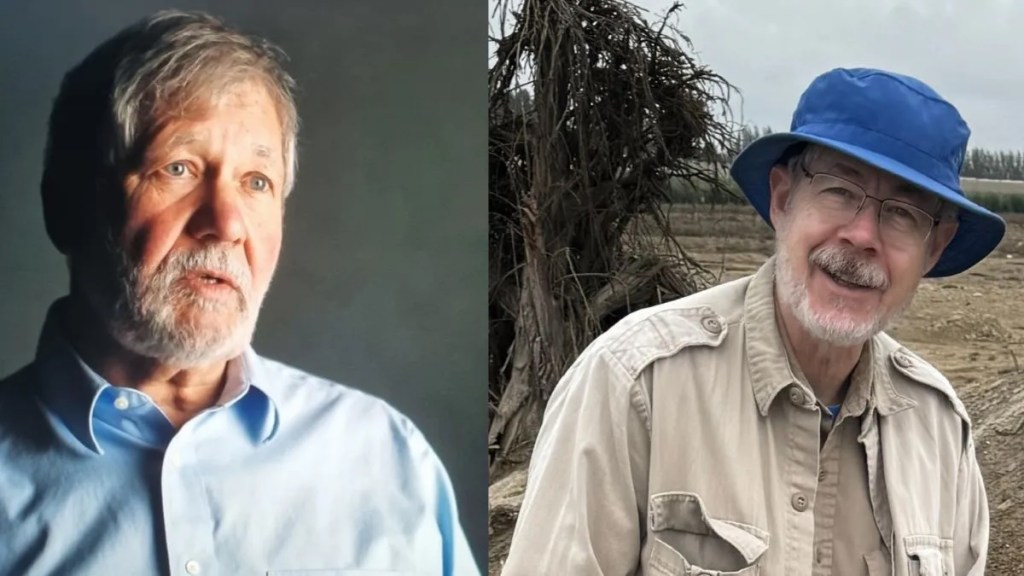
Amid a tumultuous time for climate change research, Paul Mayewski has resigned as director of the Climate Change Institute at the University of Maine in Orono after 24 years in the role.
Mayewski, a prominent climate scientist and glaciologist, officially resigned from the role at the end of September, saying he would be more effective dedicating additional time to research rather than leading the globally renowned institute for another few years.
Dan Sandweiss, a climate archeologist and honoree of the National Academy of Sciences, will run the institute as the interim director until June 2027.
The leadership change comes as the field faces significant hurdles, such as a federal government hostile to the idea of climate change that has gone so far as to ban words related to the issue within federal departments.
It also comes as the University of Maine faces financial challenges in an increasingly uncertain budget landscape, further exacerbated by federal funding cuts. The university’s Advanced Structures and Composites Center, which is known for its work advancing wind energy, laid off nine employees in the spring after President Donald Trump’s administration halted millions in awards.
“This is a troubling time in many ways for the appreciation of climate change, its implications,” Mayewski said.
Mayewski, who is a distinguished professor at the university and has a medal of excellence in Antarctic research, said he never imagined being the director for 24 years and had planned to step down two years ago. He continued the work because he believed it was important. Now it’s time for someone else to “come up with a vision” for the institute, he said.
Sam Warren, a spokesperson for the University of Maine System, told The Maine Monitor that Sandweiss will be responsible for developing a “strategic growth plan” for the institute to ensure student research opportunities, attract new talent and investment, and advance the climate knowledge that “improves our quality of life and place in an ever-changing world.”
The new plans for the institute will align with the university’s so-called strategic reenvisioning process, according to Warren. The process aims to address budget challenges such as a $1 billion deficit in deferred maintenance, according to documents featured on the university’s website.
Sandweiss acknowledged that he’s taking on a temporary role at a time when the institute is facing not just pressure from the federal government but from within the university as it grapples with its finances.
“This is a time when the university is reevaluating all of its programs,” he explained. His goal is to keep the institute intact.
“One of the things that we need to do is make the case for the continued existence of the institute as a standalone unit, or as the lead of some combined unit,” he said.
The institute, established in 1973, has produced climate science research across disciplines. It has studied climate trends, glaciers and climate prediction.
Sandweiss plans to bolster collaboration across expertise within the institute. He also hopes to plan more events that bring people together during his temporary appointment.
But Sandweiss said he would not want to be permanently appointed to the role and would not accept a nomination if he got one. Returning to his research full-time after the interim role is important, he said, and he believes that the directorship is better suited for another kind of expert.
“I honestly think we need somebody more like Paul [Mayewski] in terms of their focus, doing the actual hard sciences of understanding climate,” Sandweiss said.
Mayewski said it’s time to think about other ways he can continue his work, especially to provide climate predictions and understand how other countries are dealing with climate change. He hopes to learn from them and find other research opportunities.
“Climate change isn’t going to go away,” Mayewski said. “We’re not going to stop thinking about it, working on it, trying to find solutions.”
This story was originally published by The Maine Monitor, a nonprofit and nonpartisan news organization. To get regular coverage from The Monitor, sign up for a free Monitor newsletter here.